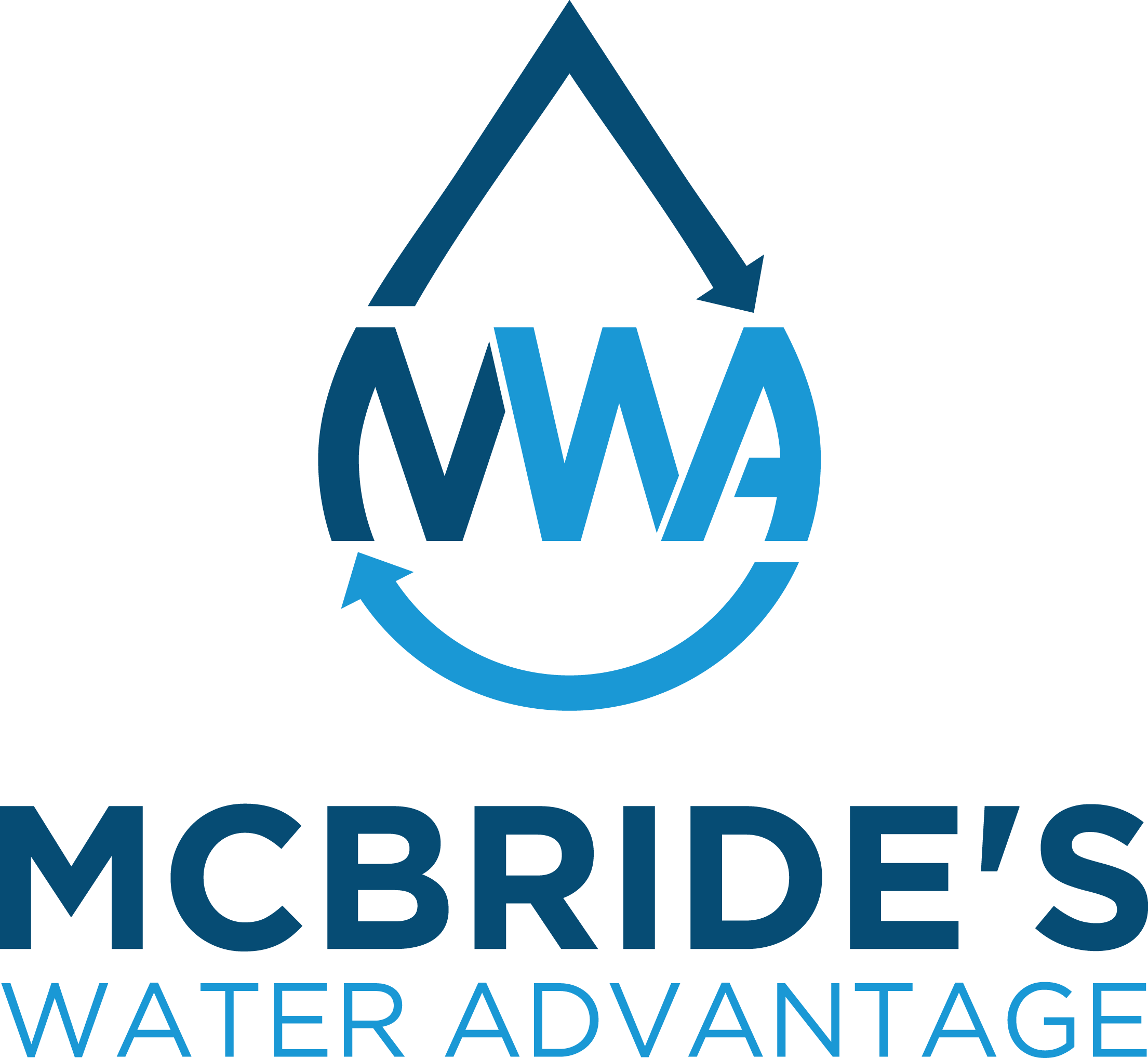 When you’re deciding on the best type of water filter for your New Hampshire home, one decision you’ll have to make is whether you want to install a whole house or point-of-use system. There are advantages to both types of systems, and the one that’s right for you will depend on factors like your budget and what you want to get out of the filter you install. Today we’re going to help you with that decision by talking about what a point-of-use water filter is and how to decide whether or not it’s right for you!
When you’re deciding on the best type of water filter for your New Hampshire home, one decision you’ll have to make is whether you want to install a whole house or point-of-use system. There are advantages to both types of systems, and the one that’s right for you will depend on factors like your budget and what you want to get out of the filter you install. Today we’re going to help you with that decision by talking about what a point-of-use water filter is and how to decide whether or not it’s right for you!
What is a point-of-use water filter?
A point-of-use water filter is a type of water filtration system that treats the water at a single tap. These types of filters are most commonly installed under a kitchen sink in order to provide high-quality, clean and healthy drinking water at the kitchen tap. Unlike whole house water filtration systems, which treat water as soon as it enters your home, point-of-use water filters treat water right before it reaches the single tap that it is connected to.
What are the advantages of a point-of-use water filter?
- Much better than refrigerator or water pitcher filters. As an alternative to refrigerator or water pitcher filters, point-of-use water filters are a much better option. Fridge filters and water pitcher filters can slightly improve the taste and smell of your water, but not nearly as well as a point-of-use filter can. Point-of-use filters are capable of using advanced filtration methods like reverse osmosis and carbon filtration that will provide not only great tasting water, but also healthy water that’s free of all of the most common tap water contaminants.
- Easy installation. A point-of-use system can be installed quickly, easily and with minimal modifications to your home.
- Cheaper than whole-house systems. Perhaps the biggest reason why people choose point-of-use systems over whole-house systems is their price. Point-of-use filters are less expensive than whole-house systems because point-of-use filters are smaller and only filter water at a single tap.
What are the disadvantages of a point-of-use water filter?
- Only provides one source of high quality drinking water. Since a point-of-use system only filters water at a single faucet, all of the other taps in your home will have unfiltered water. This restricts your high-quality drinking water to a single source in your home.
- Does not protect your pipes or appliances. Unlike a whole house filtration system, a point-of-use filter does not treat water before it travels through your home’s pipes. As a result, it will not address contaminants that are known to clog your pipes and damage your water-using appliances.
- Does not treat your shower water. People aren’t only exposed to tap water contaminants through the water they drink. Some contaminants, like chlorine and chloramine, are just as dangerous when you breathe them in through water vapor in the shower. A point-of-use water filter will not address this issue.
Is a point-of-use water filter right for you?
If you’re looking for higher-quality drinking water than a refrigerator filter or water pitcher filter, a point-of-use system is a great step forward. It will provide you with much cleaner and healthier water than those two options, and it will filter the water you use for any purpose from your kitchen sink.
A point-of-use system is also a cheaper option than a whole house system, so it is a great option if a whole-house system doesn’t currently fit your budget. However, if you would like filtered water at every tap in your home and protection for your plumbing system and appliances, a whole house system is the way to go.
If you have any questions about a point of use water filter, or if you’d like a water system serviced or installed in your home, contact McBride’s Water Advantage, your water softener and water filtration system dealer in Epsom, NH. We provide service all over New Hampshire, including towns like Chichester, Raymond and Lee, NH.
photo credit: benton via photopin (license)
